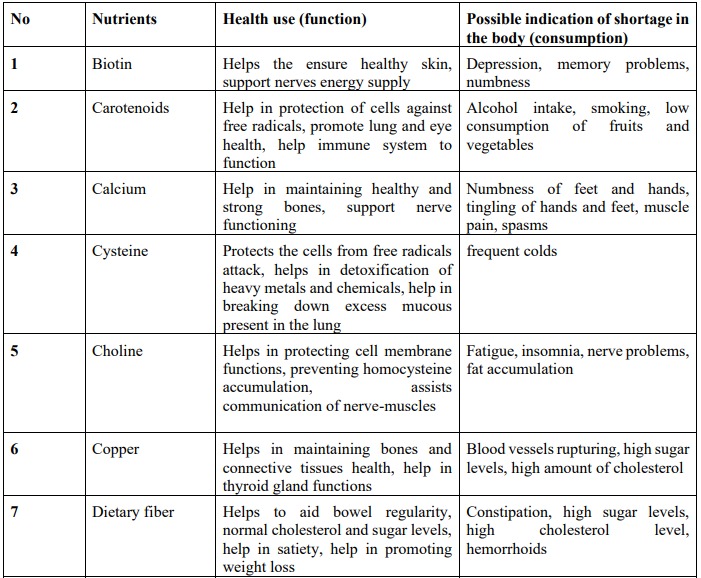FOOD DESERTS AND FOOD SWAMPS IN SCHOOLS AND IMPLICATIONS
DOI:
https://doi.org/10.71146/kjmr525Keywords:
Food deserts, food swamp, proteins, fats, empty calories, school, health, obesityAbstract
Food deserts and swamps in schools pose significant challenges to students' health and well-being. Food deserts, characterized by limited access to healthy food options, and food swamps, marked by an overabundance of unhealthy food options, can contribute to poor nutrition, obesity, and related health issues. These environments can also negatively impact academic performance, attendance, and overall quality of life. Addressing food deserts and swamps in schools requires a comprehensive approach that involves improving food options, promoting nutrition education, and creating supportive environments that foster healthy eating habits. By prioritizing students' health and well-being, schools can play a critical role in promoting healthy lifestyles and academic success.
Downloads

Downloads
Published
Issue
Section
License
Copyright (c) 2025 Abdullahi Muhammad Gambuwa, Sufiyanu Abubakar, Aliyu Buhari Abubakar, Abubakar Shehu Dan Mahe (Author)

This work is licensed under a Creative Commons Attribution 4.0 International License.






